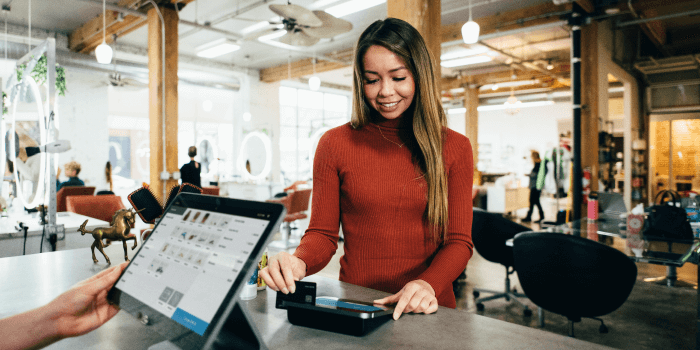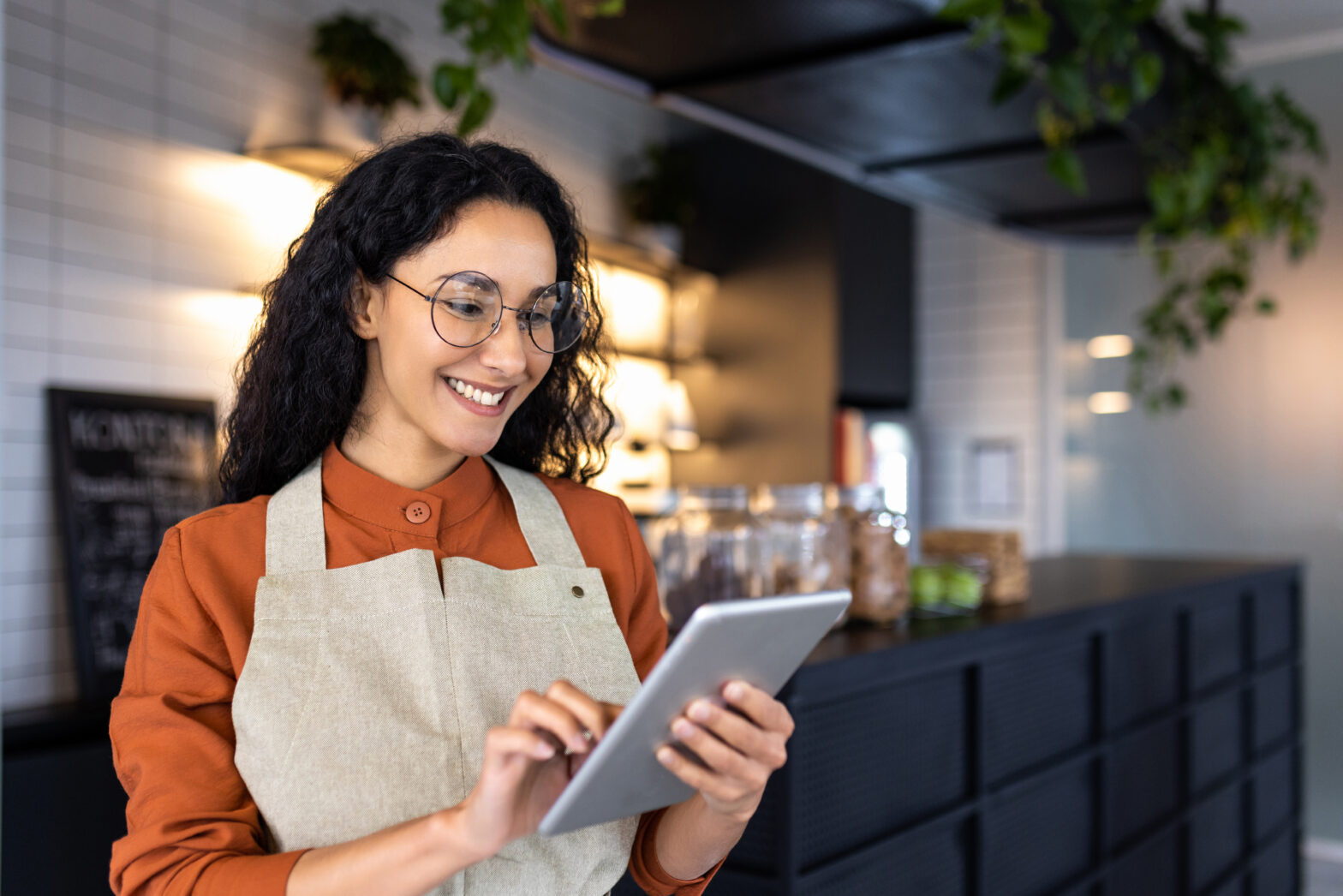The future is looking good for retail. A robust economy, strong unemployment figures and an optimistic attitude. Retail is far from “dead”. The retail sector employs 42 million people nationwide and retail sales in the US alone account for $2.6 trillion in sales in the US.
What is a Point of Sale (POS) System?
A POS system is a computerized network that involves a main computer that is connected to several others at checkout areas. This network can be integrated with the hardware that any store has or needs, such as; barcode scanners or card swipe devices.
The requirements of a retail business differ from those of a restaurant or an auto repair shop. That’s why various POS systems in the market vary in features and utility from one another. However, POS systems are most commonly used by the retail and hospitality industry (restaurants and hotels).
On-Premise POS Software
The elements of a POS system are both software and hardware. The software of a POS is comprised of two types: on-premise POS and cloud POS. Using an on-premise POS software, a business owner must buy a license and install the software on their computer. Generally, these require an upfront hardware purchase and a team of IT personnel. Any updates to the software must be done manually.
Cloud POS Software
A cloud POS software typically has a lower upfront cost and can be downloaded onto any computer. This software can be managed by one person. Any updates required are pushed (sent) to the client and typically done automatically. The hardware components of a POS for retail are; a monitor or tablet, a barcode scanner, a credit card reader, a receipt printer and a cash drawer.
Why is a POS System Important for my business?
The most important part of a customer’s retail journey is the Point of Sale (POS). A POS system is the central component of your business as it is where the actual transaction of money for goods and services is made. Instead of manually recording each sale and coming up short or over on your till each evening, setting up a great POS system can save you time and money.
Ensure Positive Customer Experience
You can also ensure the brand experience for the customer is exactly what you want it to be. With the ease and accessibility of a POS system, transactions can happen anywhere within the store via a tablet by any attending employees. Nordstrom and Nordstrom-Rack are great examples of how a POS system can make the shopper experience easy and positive.
Operation and Inventory Management is a Breeze
Operating a retail store requires the skills of marketing, management, and administration. POS systems will be able to handle the overall operations and management for you. Another benefit of having a POS system is: they are great at keeping stock on the inventory. The system records the goods you have in the warehouse, in-store and the number you’ve sold. By generating sales reports and analysis, POS systems simplify this part of your business.

What do I need to know before using a POS System?
The real challenge is when it comes to choosing the right POS system. While most POS systems have all the features mentioned above, each business has unique requirements.
What to consider when choosing a POS System
- Inventory Management: POS system should track inventory with a specific serial number and across different locations. It should also factor in any product variations of size and color. You might want to get a system that consolidates orders and purchases as well as automatically repurchases any inventory that is running out.
- Sales Reports: Check how accessible the sales data is, how the data is presented, and how detailed the reports are. Details you may want to know from these reports are; the total product sold, net profit made, profit percentages, gross margin, products, employees, time and date, etc.
- Customer Management: POS systems should be integrated with a Customer Relationship Management (CRM) system to drive repeat business back to your store. Ensure the CRM software you want to use is compatible with the POS system you choose. Why? At the point of sale, you can capture customer information such as their name, email ID and birthday, view their purchase history, and attach a transaction to specific customers. You can also email a receipt, enroll the customer in your newsletter program or start a rewards account for them.
- Employee Management: Lately, POS systems have evolved to assist with managing employees. They can track employee data, create schedules, email the schedules to the employees, and monitor employee performance.
POS systems are advancing technologically as well. The latest POS systems embrace mobile, social media and even the internet of things (IoT). Loyalty programs are also supported through POS systems.
Which POS System is right for me?
The most popular POS systems in the market for retail are; Clover, Shopkeep, and Square. These systems are perfect for small to mid-size businesses because they are versatile and flexible. POS systems create comfortable working environments for employees, customers, and the business owner.
When it comes to handling a business from a remote location, or even handling several retail locations together, POS systems ease the integration of data. Despite all their advantages, 56% of single-store retailers are not even using one. In fact, many prefer to use a combination of other manual methods with software.
It’s essential for small business owners to understand the options for ease and convenience available in the market and create plans to utilize them. Without adapting to technology, businesses lose their competitive edge. Thankfully there are funding options for retail business that can help you.






